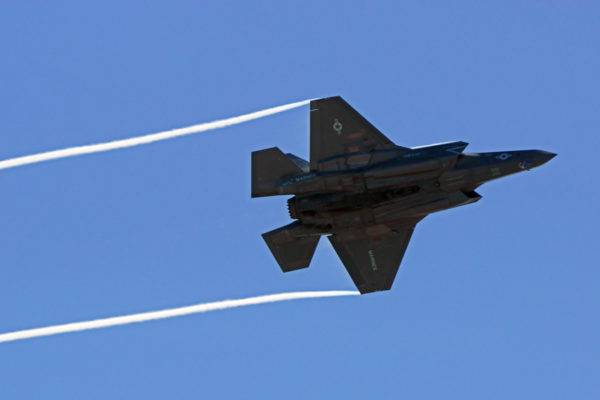An Israeli Air Force (IAF) event recently gathered together 400 of the country’s top military minds to brainstorm next generation connected battlefield technology.
As reported in the Jerusalem Post, the Mahanet event held in Haifa drew together top technologists from across all branches of the Israeli military to collaborate on bleeding edge warfare innovations.
The specialists worked on a variety of projects, some which will be mothballed while others will become future military capabilities for the Israeli military.
One project involved an IAF attempt to develop a platform for battlefield assistance that could also incorporate internet of things (IoT) technology.
“Virtual reality can simulate a battlefield, and generate scenarios where [pilots] are attacked,” said Lt. Guy Cohen, the head of the air force innovation team. “I can use the Internet of things to link up a battalion commander in my sector to someone sitting an [air force] control center.”
Such breakthroughs could change “the way I attack, or look at the whole area and communicate with gestures,” said Cohen. “We are looking at how we can take these things to our world of command in the IAF.”
Israeli tech used in aircraft servicing
Another application of virtual reality that the IAF conference explored was using VR technology in training technicians on how to service the F-35 fifth generation fighter jets, which are expected to enter into active service later in 2016.
And for those who prefer to launch remote air strikes while laying in a relaxed posture, the techies conceived another project that enabled a pilot to navigate drones while lying in a specially wired bed.
“If you’re on the battlefield and you can’t afford to be exposed [to enemy fire], we can take sensors and use them to enable soldiers lying down to control drones,” said Cohen.
The collaborative work also focused on developing innovations that could enable the Israeli military to rapidly transfer data from intelligence officers or ground units to aircraft.
A previous Mahanet conference hatched a project to land an Israeli robot on the moon, which is now scheduled for a 2017 launch onboard a small spaceship.





















